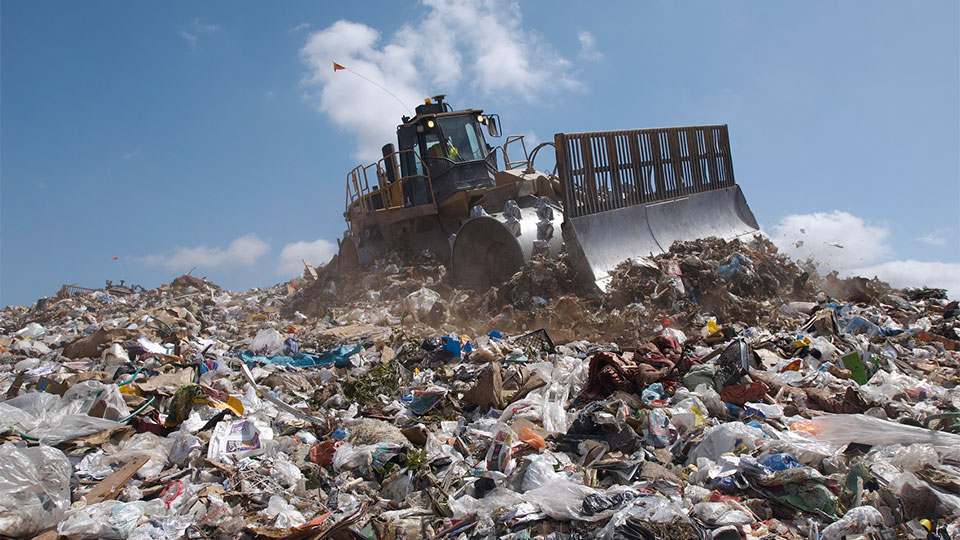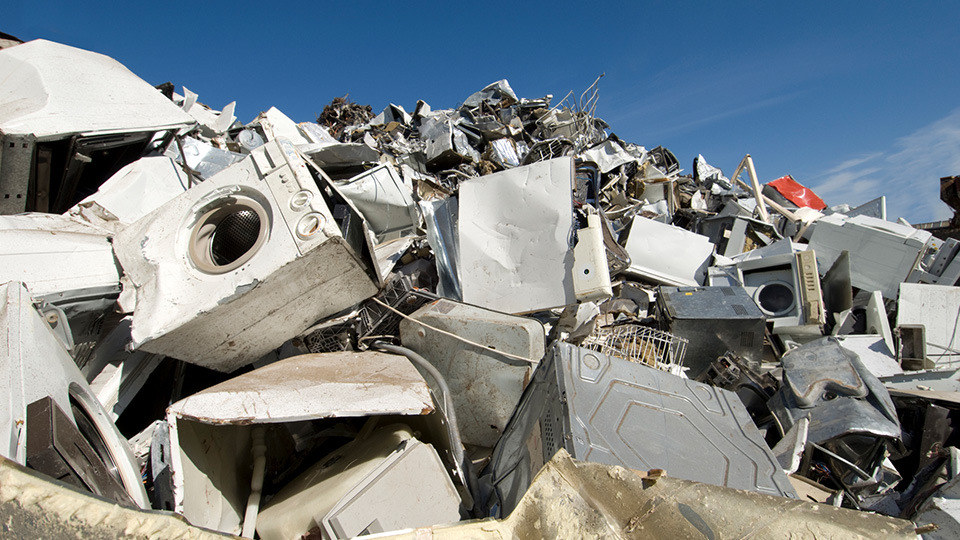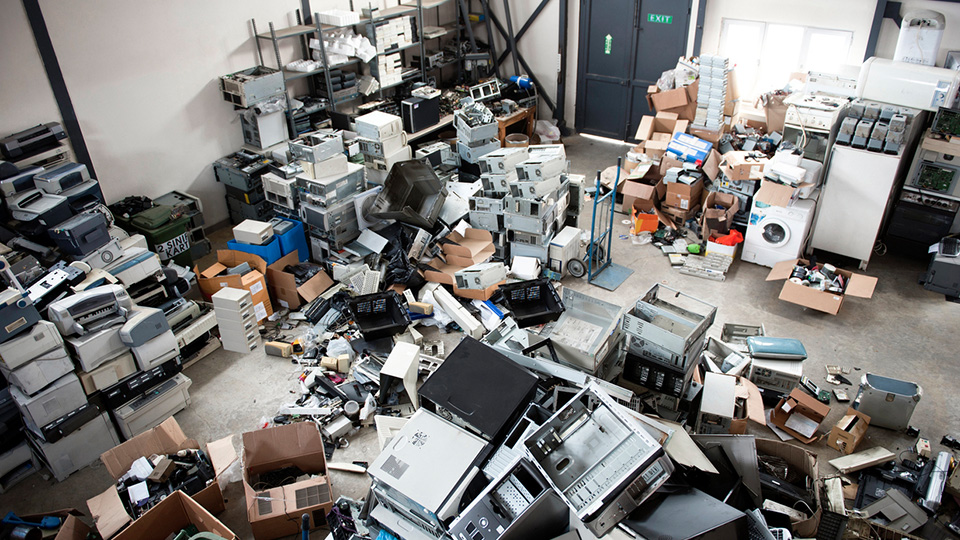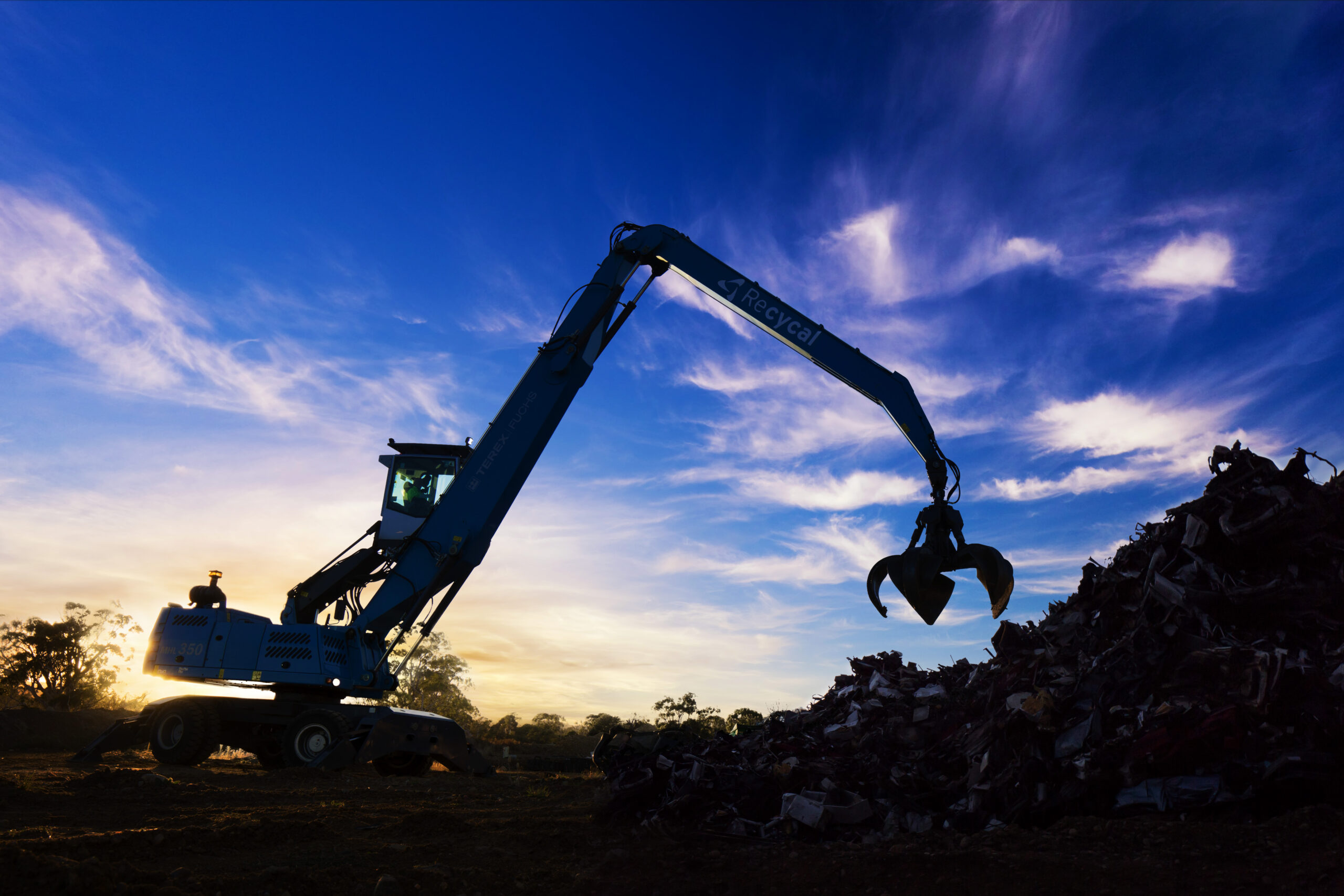Importantly, the Minamata convention became a reality in Australia last year for mercury waste. This convention was the result of the historical problems caused by the mercury poisoning of Japanese fisherman, who suffered neurological problems. Mercury and other chemicals were released into the sea near their fishing grounds. Arguably the most toxic chemical to humans, Australia joined 136 other countries in ensuring that mercury could no longer be transported to landfill. As a result of us joining the protocol unprocessed mercury can no longer be sold or disposed of in Australia.
Australia has committed to implement the Convention’s provisions. This includes the phase-out of the use of mercury in certain products and processes, such as batteries, switches, and relays. Also measuring devices, as well as controlling the emissions and releases of mercury from industrial processes. Undoubtedly, the safe management of mercury waste is a key priority. The National Framework for the Management of Mercury and Implementation Plan was developed to guide the implementation of the Convention in Australia.
Mobile Encapsulating unit
Ecocycle is a significant player in the recovery of mercury. In 2022 it expanded its activities in oil, gas, and mining with its acquisition of WA specialist mercury recycler BMT. In December 2022, Ecocycle announced that it would invest $2.5 million in a mobile encapsulating unit. This will allow on-site processing and treatment for the retirement of elemental mercury. This initiative is primarily for those companies involved in the resources sector.
It should be noted that the new technology from European leader, Econ Industries, pioneered a traceable and economic solution for mercury retirement. The technology processes the recovered mercury, treating it with Sulphur in a heated vacuum environment. In this inert atmosphere liquid mercury and Sulphur powder react in a safe and hermetically closed reactor. Continuous intensive mixing during the process ensures complete stoichiometric reaction of mercury and Sulphur. Above all the resulting mercury sulphide becomes a material, that can then be safely disposed of.
The new mobile encapsulating unit is being manufactured will be operational in 2024.






